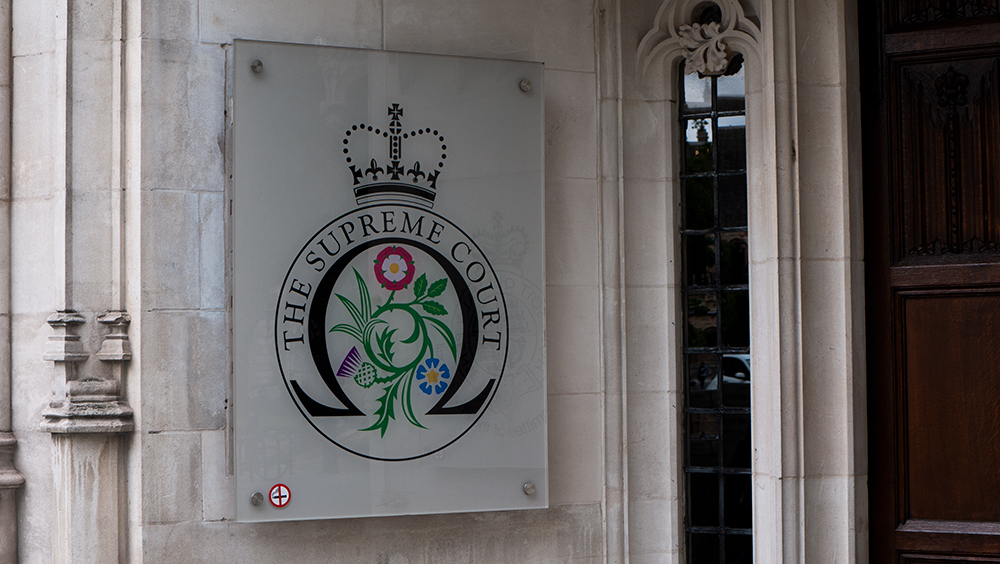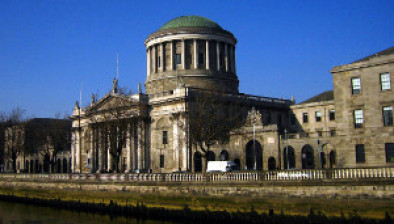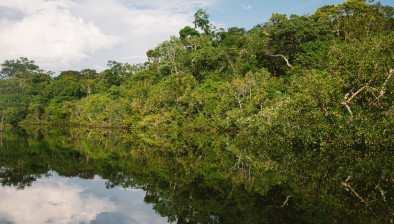UK Supreme Court rules fossil fuel decision should have considered downstream emissions

In a landmark ruling welcomed by climate campaigners, the UK Supreme Court has ruled that a decision to grant planning permission for a fossil fuel project was unlawful because it failed to consider the impact on greenhouse gas emissions.
Campaigner Sarah Finch, supported by Friends of the Earth, brought the legal challenge against Surrey County Council’s decision to grant planning permission for oil drilling at Horse Hill, near Gatwick Airport in the Surrey countryside.
Ms Finch argued that the environmental impact assessment (EIA) carried out by Surrey County Council — which declared a climate emergency in 2019 — should have considered the climate impacts that would inevitably arise from burning the oil, known as ‘Scope 3’ or ‘downstream’ emissions.
The Supreme Court agreed in a 3-2 majority judgment that these emissions were indirect effects for the purpose of the Town and Country Planning (Environmental Impact Assessment) Regulations 2017.
As the council’s decision to take account of only the operational emissions from the process of digging up oil from the ground meant the EIA was defective, judges ordered that the planning permission for four new oil wells and 20 years of oil production at Horse Hill be quashed.
Friends of the Earth lawyer Katie de Kauwe said: “This historic ruling is a watershed moment in the fight to stop further fossil fuel extraction projects in the UK and make the emissions cuts needed to meet crucial climate targets. It is a huge boost to everyone involved in resisting fossil fuel projects.
“Gas, oil and coal companies have been fighting tooth and nail to avoid having to account for all the climate-harming emissions their developments cause. Now, the highest court in the country has ruled that planning permission for an oil project was granted unlawfully because there was no consideration of its full climate impact.
“This judgment will make it harder for new fossil fuel projects to go ahead. They can no longer claim that downstream emissions are someone else’s problem. Now, when fossil fuel companies apply for planning permission, it follows from the Supreme Court’s judgment, that the end-use emissions must be considered by the planning authority.
“This is a stunning victory for Sarah Finch and the Weald Action Group, after nearly five years of grit and determination, in going to court year after year against adversaries with far greater financial resources than they have. Despite setbacks in the lower courts, they never gave up.
“Friends of the Earth is incredibly proud to have supported Sarah and this groundbreaking challenge through all its legal stages.”









